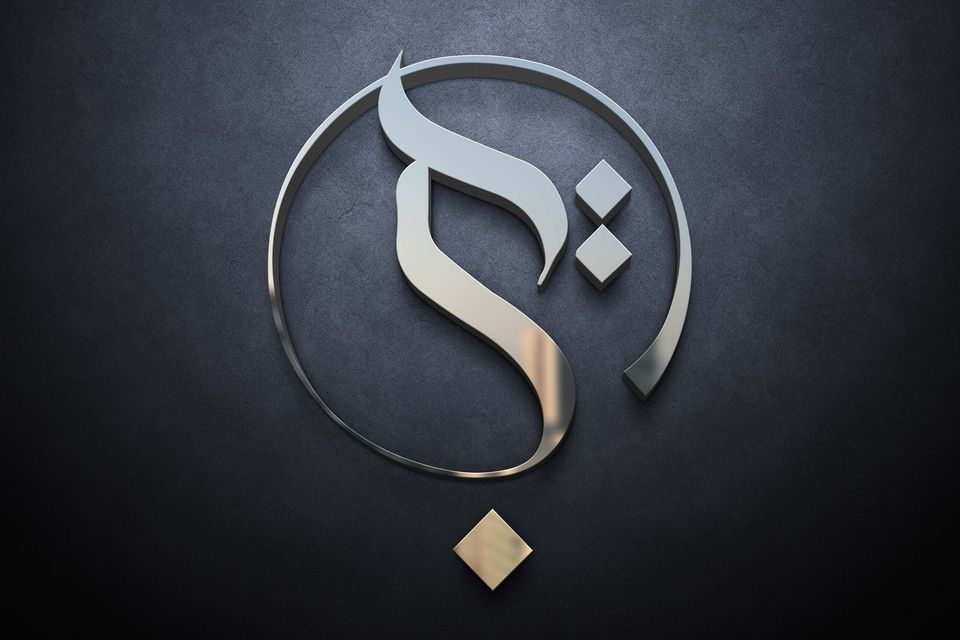Unlocking the Wisdom: A Journey to Learn the Holy Quran
- Writter: shoaib
- Category: Islam
- Published On: Monday, November 20, 2023
- Total Comments: 1
- Total View: 1024
Conclusion: Learning the Holy Quran is a lifelong journey that extends beyond religious boundaries. It is a pursuit that enriches the mind, nourishes the soul, and fosters a sense of community. As we embark on this sacred journey, let us approach the Quran with humility, sincerity, and a genuine thirst for wisdom, knowing that the lessons we glean will shape our lives and contribute to the betterment of humanity.

The Holy Quran, regarded by over a billion Muslims as the divine word of God, is a profound and timeless scripture that offers guidance, wisdom, and solace to those who seek it. Learning the Quran is not just a religious endeavor; it is a transformative journey that transcends cultural and linguistic boundaries. In this article, we will explore the significance of learning the Holy Quran and provide insights into the methods and benefits of this sacred pursuit.
Understanding the Quran:
The Quran, written in classical Arabic, is divided into chapters called Surahs, which are further divided into verses known as Ayahs. Each verse carries a unique message, and together they form a comprehensive guide for leading a righteous and purposeful life. To embark on the journey of learning the Quran, one must first understand the importance of approaching this sacred text with an open heart and a sincere desire for knowledge.
Methods of Learning:
Recitation (Tilawah): The foundation of learning the Quran lies in the recitation of its verses. Whether you are a native Arabic speaker or not, the melodic and rhythmic nature of the Quranic verses makes it accessible to learners of all backgrounds. Listening to skilled reciters can enhance pronunciation and foster a deep connection with the text.
Memorization (Hifz): Many devout Muslims undertake the noble task of memorizing the entire Quran, a practice known as Hifz. This not only preserves the scripture but also provides a profound spiritual experience. Memorization instills discipline, sharpens the mind, and allows individuals to carry the Quran with them wherever they go.
Understanding (Tafsir): To truly grasp the essence of the Quran, it is essential to delve into its meanings and interpretations. Tafsir, or the exegesis of the Quran, helps learners contextualize verses, understand historical background, and apply the teachings to contemporary life. Numerous scholarly works and online resources make Tafsir accessible to learners at various levels.
Learning Arabic: While translations are available in many languages, learning classical Arabic can deepen one's understanding of the Quran. There are countless online courses, local classes, and language apps designed to help learners master the language and unlock the richness of the original text.
Benefits of Learning the Quran:
Spiritual Fulfillment: Learning the Quran provides a profound sense of spiritual fulfillment. The verses offer guidance on moral conduct, personal development, and the path to righteousness, fostering a deeper connection with one's faith.
Intellectual Stimulation: The Quran challenges the mind with its eloquence, coherence, and layers of meaning. Engaging with the scripture stimulates intellectual growth, encouraging critical thinking and reflection.
Cultivation of Character: The teachings of the Quran emphasize virtues such as compassion, patience, and gratitude. By internalizing these values, learners cultivate a noble character that extends into their daily lives and interactions.
Community and Unity: The Quran serves as a unifying force within the global Muslim community. By learning and understanding the scripture, individuals contribute to a shared spiritual bond that transcends cultural and geographical differences.
